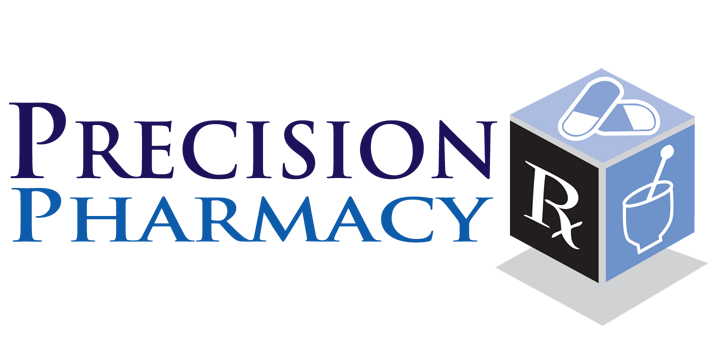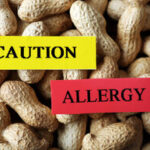On January 31, 2020, Aimmune announced that the FDA approved its product PALFORZIA as the first treatment for peanut allergy. Aimmune is known to be a biotech specializing in developing and commercializing treatments for potentially life-threatening food allergies. PALFORZIA is an oral immunotherapy biologic drug indicated for the mitigation of allergic reactions, including anaphylaxis, which may occur with accidental exposure to peanut. PALFORZIA is approved for use in patients with a confirmed diagnosis of peanut allergy in conjunction with a peanut-avoidant diet. PALFORZIA is not indicated for the emergency treatment of allergic reactions, including anaphylaxis.
“Not only is PALFORZIA the first approved therapy for peanut allergy, but it is the first approved therapy for any food allergy,” – Daniel Adelman, M.D., Chief Medical Officer of Aimmune Therapeutics.
Is it reported by the United States Census Bureau that more than 1.6 million children and teens in the U.S. are allergic to peanuts. It can be a chronic and life-long condition, and reactions to peanut can range from mild to potentially life-threatening, with one in five peanut-allergic patients visiting emergency rooms each year due to accidental exposures.
An important note is that although it is approved, PALFORZIA is available only through a Risk Evaluation and Mitigation Strategy (REMS) program, which specifies certain requirements to ensure patient safety. PALFORZIA, which uses gradually increasing doses of peanut flour to desensitize patients over time, has stirred debate because of the number of anaphylactic reactions among participants in Aimmune’s key study. An FDA advisory panel voted 7-2 in September to recommend the agency approve the drug.
“This is a defining moment for the peanut allergy community and for Aimmune Therapeutics, and we are excited to bring the first FDA-approved treatment for peanut allergy to patients and their families,” – Jayson Dallas, M.D., President and CEO of Aimmune Therapeutics.
The peanut allergy is more common now than ever before and has become a serious public health concern. Although PALFORZIA, has shown promising data in both safety and efficacy, it is important to be observant of the real-world evidence to come. However, what we do know is that there is potential, otherwise, the FDA would not have approved it. Soon, we may be able to feel a safer sense of community for the children and teenagers growing up in settings where there is an abundant peanut exposure, especially in the food we eat.
This content was originally provided by Andrew M. Kwong Pharm.D. Candidate 2020





